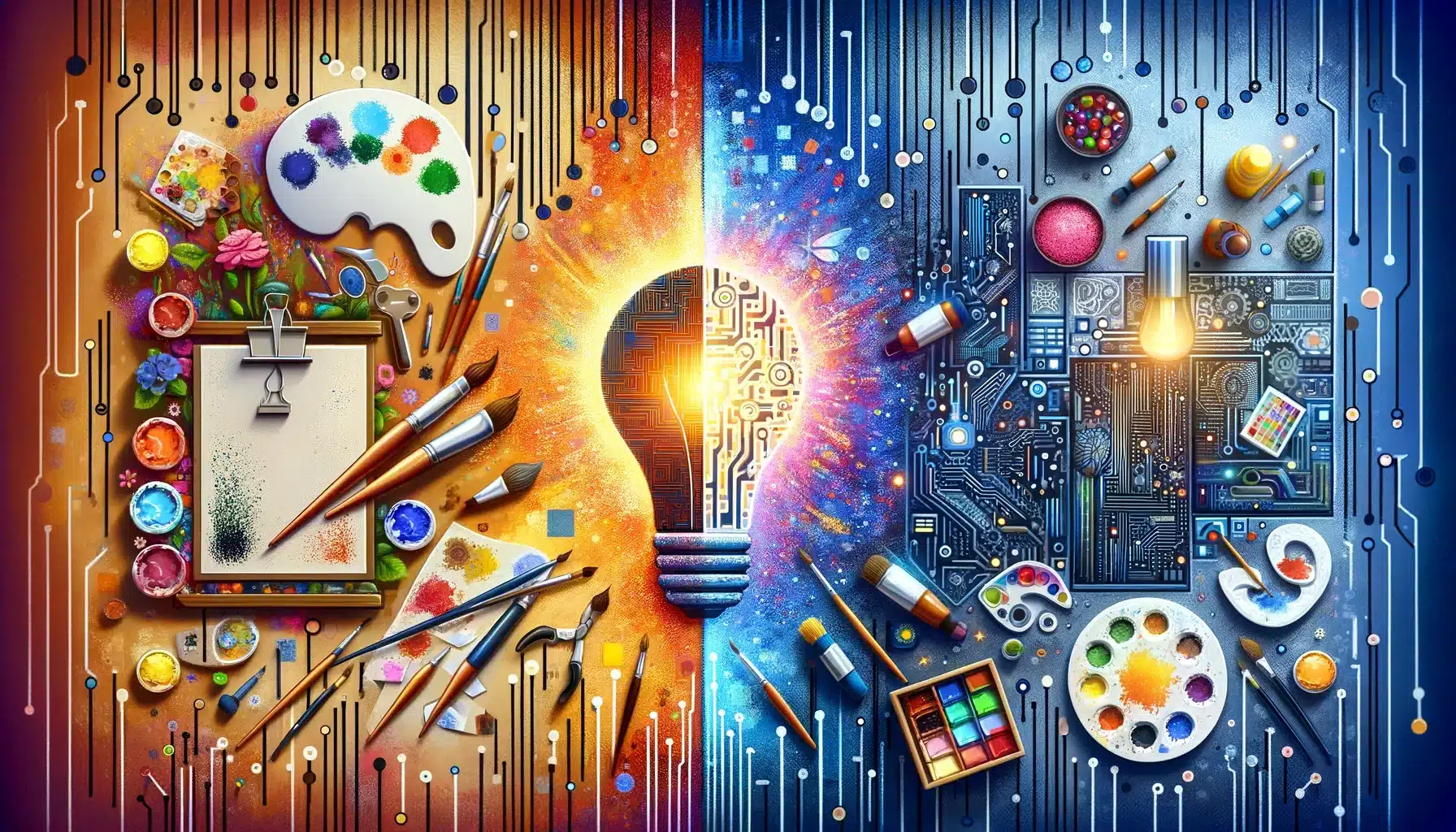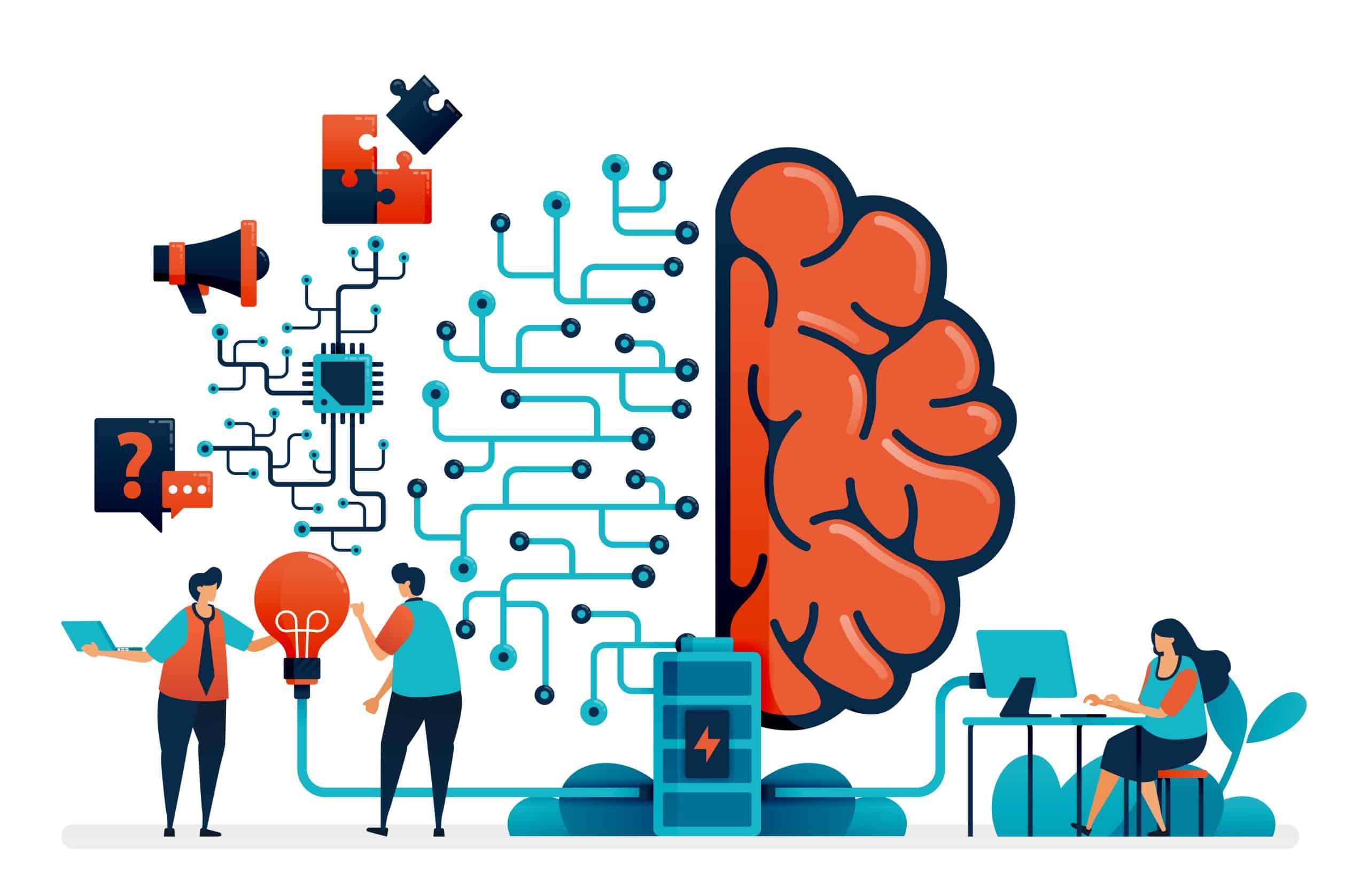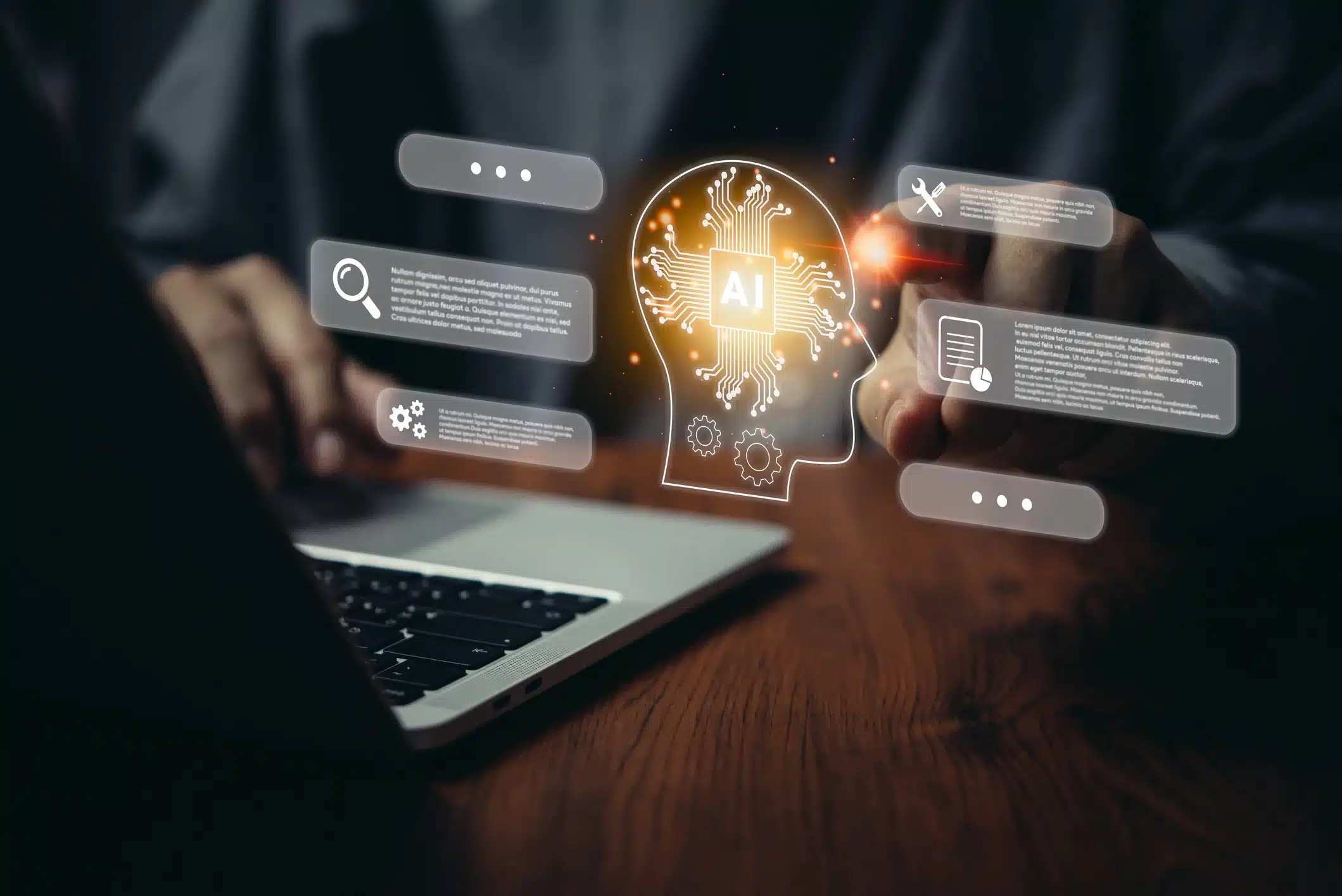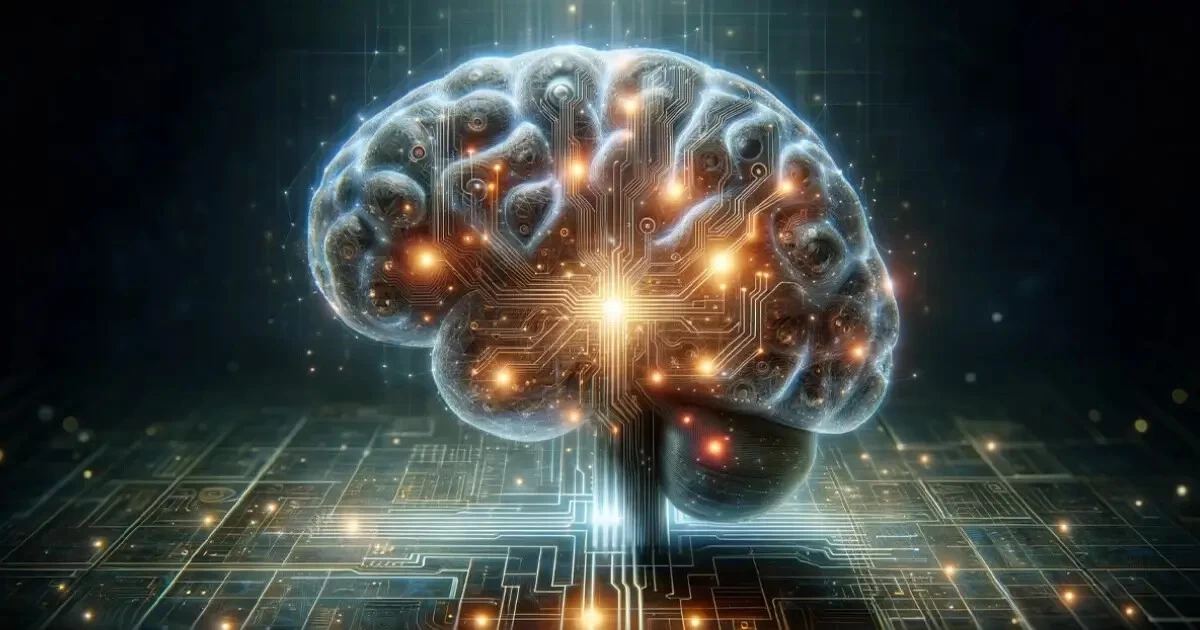- 💡 AI can boost individual creativity but lowers group creativity.
- 🖋 Amateur writers using AI produce more novel and useful stories.
- 🎭 The biggest creative boost was seen in less creative individuals.
- 📉 Group diversity in storytelling decreases with AI assistance.
- ⚖️ A social dilemma arises where individuals benefit but the group suffers.
- 📚 Some authors support AI as a creative tool, while others are skeptical.
- 📄 AI-generated stories are often similar and rely on clichés.
- 🚨 Sci-fi communities have experienced an influx of AI-written stories.
- 🌐 AI tools can remix existing work, raising copyright concerns.
- 🤝 Creative writing is viewed as a human-to-human communication process.
Artificial Intelligence (AI) has permeated every aspect of our lives, from enhancing our daily tasks to reshaping entire industries. One area where AI is gaining traction is in the creative arts, including writing. Recent research highlighted some intriguing findings: while AI can indeed boost individual creativity, it simultaneously hinders collective creativity. In this long-form blog post, we’ll explore these findings, the social dilemmas they present, and what this means for the future of creative endeavors.
AI: A Double-Edged Sword for Individual Creativity
Boosting Individual Creativity
It’s well-documented that AI tools can serve as a powerful muse for amateur writers. When amateur writers incorporate AI into their workflow, their stories are often found to be more novel and useful. This is particularly pronounced among writers who might not be naturally inclined towards creativity. AI-generated prompts and ideas can provide these individuals with a much-needed creative jolt, offering them the inspiration and structure they need to craft engaging stories.
The Downside: Reduced Group Creativity
However, the boost in individual creativity comes at a cost. When looking at the broader group, the diversity of storytelling tends to diminish. This phenomenon can be understood through the lens of a “classic social dilemma,” where individual gains come at the expense of the collective good. In essence, while each person may produce a more creative work with AI’s help, the homogeneity in themes and structure across a larger group leads to reduced overall creativity.
The Social Dilemma of AI-Driven Creativity
Individual Benefits vs. Collective Loss
This situation presents a pressing social dilemma: how do we balance the individual benefits of AI-driven creativity with the collective need for diverse and original content? According to economists and researchers, if AI’s use becomes widespread, the diversity and richness of creative outputs in society could significantly decline. While one writer might craft a more compelling story, the group, as a whole, suffers from a lack of variety and originality.
Skepticism Among Authors
Not surprisingly, this dilemma has sparked a range of opinions among authors and creators. Some embrace AI as a valuable tool that can enhance their creative process, while others remain skeptical. Critics argue that AI often relies on remixing existing works and lacks the true spark of originality that human creators bring to the table.
AI-Generated Stories: Original or Clichéd?
The Issue of Similarity and Clichés
Another concern that arises is the similarity and clichéd nature of AI-generated stories. When tasked with generating story ideas, AI tools often latch onto well-trodden clichés and widely recognized memes. For example, in generating a story about an “adventure on the open seas,” AI might frequently incorporate the idea of finding treasure. While these can be engaging elements, their repetitive use across different stories can lead to a lack of freshness and novelty.
Special Concerns in Specific Genres: The Sci-Fi Example
A Flood of AI-Written Stories
One genre particularly affected by AI is science fiction (sci-fi). The community has already seen an influx of AI-written content, so much so that well-known sci-fi magazines like Clarkesworld have had to close online submissions. This is indicative of the broader concerns within the genre: while AI-assisted writing may help generate more content quickly, it also risks saturating the market with repetitive and unoriginal stories.
Copyright and Ethical Concerns
Remixing Existing Work
The way AI tools are trained—often using vast amounts of existing texts—raises significant copyright issues. Authors have even sued companies for using their copyrighted works in training datasets without permission. This raises the question of whether AI-generated content can ever truly be original or if it will always carry the imprint of the works it was trained on.
The Essence of Creative Writing: Human Connection
The Human Touch
In the end, the essence of creative writing lies in the human connection it fosters. As sci-fi author and journalist Annalee Newitz points out, creative writing is fundamentally about humans communicating with other humans. Even if a piece is not perfectly written or is somewhat lacking in originality, its inherent value lies in its human-authored nature.
Conclusion
As AI continues to evolve, its impact on creativity will remain a complex and multifaceted issue. While AI can undoubtedly serve as a valuable tool for individual writers, boosting their creativity and productivity, it also poses significant challenges for the collective creative landscape. Balancing these individual and collective needs will require ongoing dialogue, ethical considerations, and perhaps new regulatory frameworks.
Your Thoughts?
What are your thoughts about the role of AI in creative writing? Do you see it as a boon or a bane? Share your opinions in the comments below!
By understanding the benefits and drawbacks of AI in creativity, we can better navigate this evolving landscape and strive to harness the power of AI while preserving the essence of human creativity.
